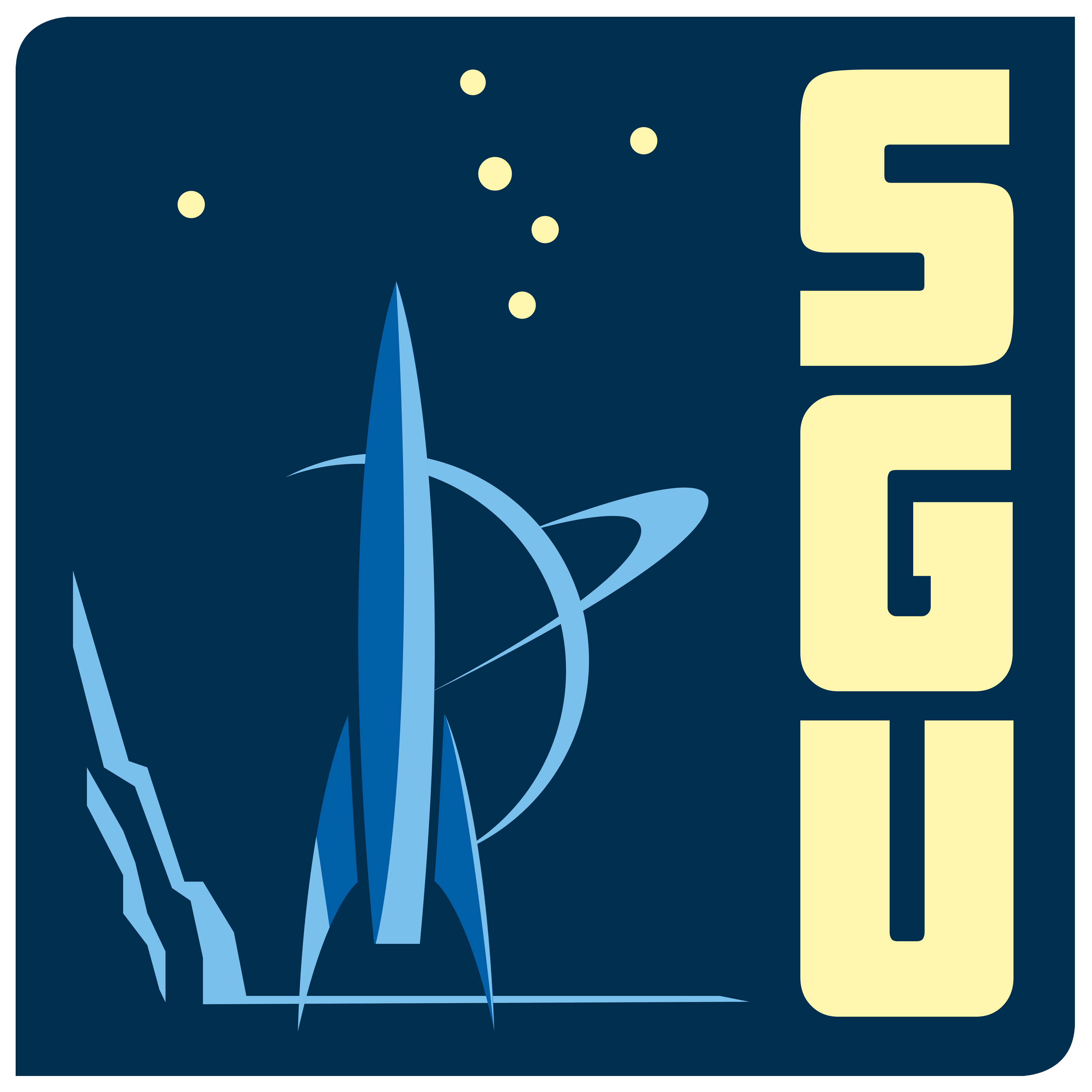Key Takeaways
- The podcast episode covered various scientific and societal topics, including the end of a medical fellowship, climate change predictions, a measles outbreak, advancements in gene editing, the importance of blood donation, the origin of cosmic rays, AI communication, and the concept of societal resilience.
- The hosts discussed the emotional challenges of ending patient relationships during a medical fellowship and the personal impact of COVID-19.
- A significant portion of the episode focused on public health, detailing the highly contagious nature of measles, the decline in vaccination rates, and the dangers of misinformation regarding vaccines, particularly highlighting the role of public health messaging.
- The discussion on gene editing introduced a new system called TIGER, which offers potential advantages over CRISPR in terms of PAM independence, accuracy, and payload size, potentially leading to new therapeutic applications.
- The episode also touched upon the ecological benefits of reintroducing wolves to Yellowstone National Park, demonstrating a trophic cascade effect that revitalized plant life and supported other animal populations.
Segments
Climate Change: AMOC Predictions (~00:10:00)
- Key Takeaway: A new study suggests the Atlantic Meridional Overturning Circulation (AMOC) is unlikely to collapse before 2100, though it is expected to weaken, potentially causing significant climate impacts.
- Summary: Bob Novella discusses a study analyzing climate models, which indicates that the feared shutdown of the Atlantic conveyor belt system (AMOC) is not predicted to occur this century, offering some reassurance regarding extreme climate scenarios.
Measles Outbreak and Vaccination (~00:17:00)
- Key Takeaway: Measles is a highly contagious airborne disease, and declining vaccination rates, particularly in communities with low uptake, are leading to outbreaks and putting vulnerable populations at risk.
- Summary: Kara Santa Maria explains the severity of measles, its high contagiousness (R0 of 12-18), and the alarming drop in global and US vaccination rates, highlighting a recent outbreak in Texas linked to a Mennonite community with low vaccination coverage.
Gene Editing: TIGER System (~00:35:00)
- Key Takeaway: A new gene-editing system called TIGER (Tandem Interspaced Guide RNA) has been discovered, offering potential advantages over CRISPR, including PAM independence, increased accuracy, and smaller payload size.
- Summary: Bob Novella introduces the TIGER system, a new RNA-guided gene-editing tool discovered through homology-based mining in bacteria, which could offer significant improvements for therapeutic applications compared to CRISPR.
Wolf Reintroduction in Yellowstone (~00:47:00)
- Key Takeaway: The reintroduction of wolves to Yellowstone National Park in 1995-96 has led to a significant ecological transformation, demonstrating the power of trophic cascades and restoring ecosystem health.
- Summary: Jay Novella details the long-term positive impacts of wolf reintroduction in Yellowstone, citing a study that quantifies a 1500% increase in willow biomass due to altered elk behavior, which in turn benefits beavers and other wildlife.
James Harrison: Blood Donor Hero (~01:07:00)
- Key Takeaway: James Harrison, an Australian blood donor with rare antibodies, is credited with saving over two million babies from hemolytic disease of the newborn over nearly 70 years of regular donations.
- Summary: Evan Bernstein shares the remarkable story of James Harrison, known as ’the man with the golden arm,’ whose consistent blood donations containing anti-D immunoglobulin were crucial in preventing Rh incompatibility issues in pregnancies.
Origin of High-Energy Cosmic Rays (~01:17:00)
- Key Takeaway: A new theory proposes that colliding neutron stars, with their amplified magnetic fields and relativistic jets, are the source of the universe’s most energetic particles, including the ‘Oh My God’ particle.
- Summary: Bob Novella discusses a theory suggesting that the cataclysmic collisions of neutron stars, generating incredibly powerful magnetic fields and relativistic jets, are responsible for accelerating particles to ultra-high energies, potentially solving a 60-year-old mystery.
AI Communication: Gibberlink (~01:35:00)
- Key Takeaway: Two AI agents demonstrated a new communication system called Gibberlink, designed for more efficient interaction between AIs by switching to a streamlined machine-optimized protocol.
- Summary: Jay Novella plays a recording of two AI agents switching to Gibberlink, a new language developed for AI-to-AI communication, raising questions about the future of AI and its potential to bypass human language.
Societal Resilience vs. Efficiency (~01:45:00)
- Key Takeaway: Over-optimization for efficiency in society, particularly in supply chains and critical infrastructure, can lead to fragility, highlighting the need for built-in redundancies and a balance between efficiency and resilience.
- Summary: The hosts discuss how prioritizing maximum efficiency can create vulnerable systems, using examples like global supply chains and chip manufacturing, and emphasize the importance of building resilience, even at the cost of some efficiency, for long-term stability.
Science or Fiction: Hydrogen (~01:57:00)
- Key Takeaway: Only a small fraction (less than 1%) of global hydrogen production is ‘green hydrogen,’ and while hydrogen fuel cell forklifts are more common than cars in the US, the infrastructure for hydrogen vehicles remains limited.
- Summary: The panel plays ‘Science or Fiction’ with facts about hydrogen, correctly identifying that less than 1% of global hydrogen production is green, and confirming the higher prevalence of hydrogen forklifts over cars due to infrastructure limitations.
Quote of the Week (~02:10:00)
- Key Takeaway: A 1937 quote by Edwin Grant Conklin warns that dictated education becomes propaganda, dictated history becomes mythology, and dictated science becomes pseudoscience, a sentiment highly relevant today.
- Summary: Evan Bernstein shares a quote from Edwin Grant Conklin from 1937, emphasizing the dangers of controlling science, education, and religion, and how such control leads to propaganda, mythology, and pseudoscience.
